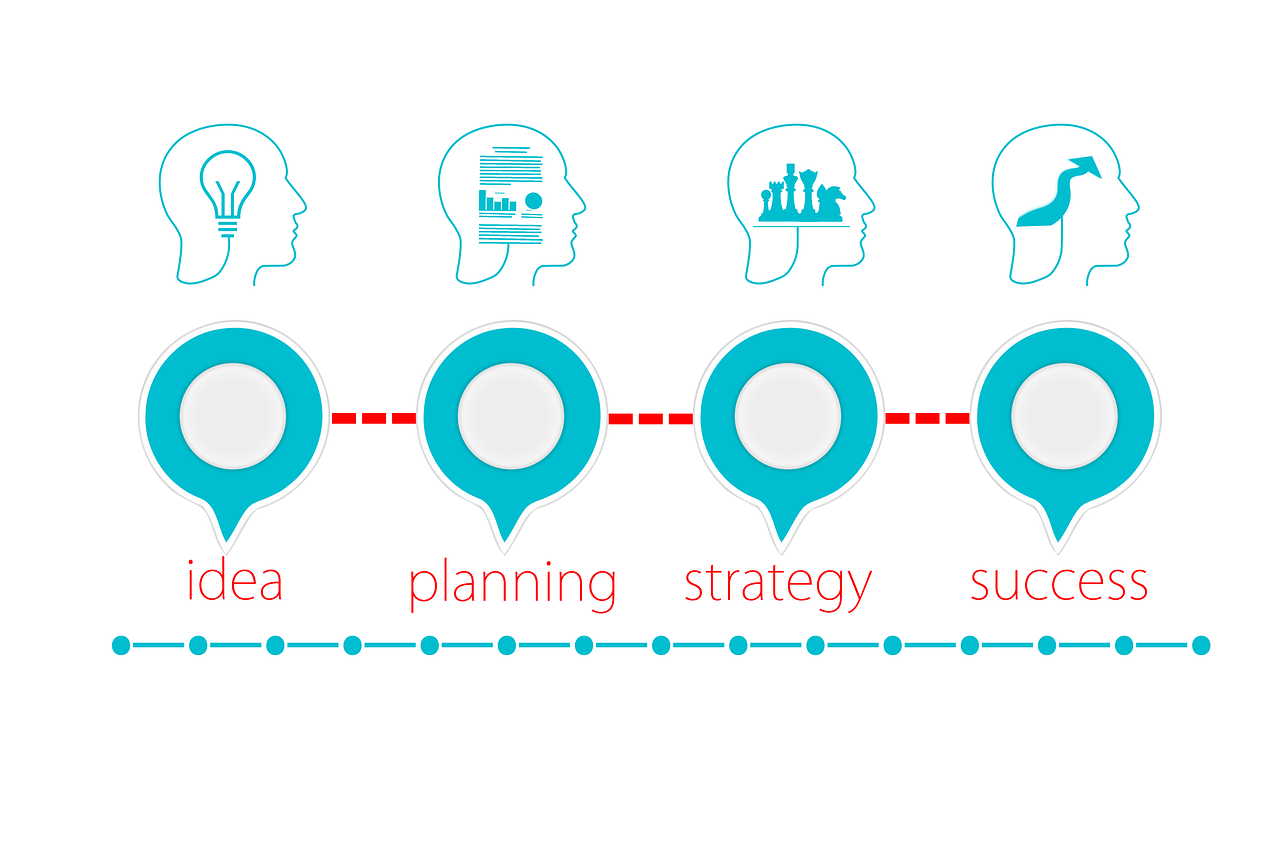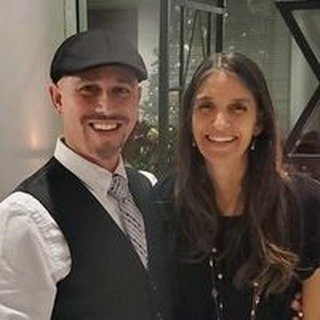
In a small business setting, where every team member’s contribution is crucial, it’s important to carefully consider the roles needed for effective operations. While the specific roles can vary based on the nature of the business, here are some key team player roles that small businesses should consider:
1. Leadership Role:
- Responsibilities:
- Setting the overall vision and direction.
- Making strategic decisions.
- Leading and motivating the team.
- Key Qualities:
- Visionary mindset.
- Decision-making skills.
- Strong leadership and motivational abilities.
2. Sales and Marketing Specialist:
- Responsibilities:
- Generating leads and sales.
- Crafting and executing marketing strategies.
- Building and maintaining customer relationships.
- Key Qualities:
- Sales and negotiation skills.
- Marketing expertise.
- Customer-focused mindset.
3. Operations Manager:
- Responsibilities:
- Overseeing day-to-day operations.
- Managing resources and logistics.
- Ensuring efficiency and productivity.
- Key Qualities:
- Organizational skills.
- Detail-oriented mindset.
- Problem-solving abilities.
4. Customer Service Representative:
- Responsibilities:
- Interacting with customers.
- Resolving inquiries and issues.
- Collecting feedback for improvement.
- Key Qualities:
- Strong communication skills.
- Empathy and patience.
- Problem resolution abilities.
5. Financial Analyst/Bookkeeper:
- Responsibilities:
- Managing finances and budgets.
- Handling payroll and expenses.
- Financial reporting and analysis.
- Key Qualities:
- Financial acumen.
- Attention to detail.
- Analytical skills.
6. Technical/IT Specialist:
- Responsibilities:
- Managing IT infrastructure.
- Providing technical support.
- Implementing and maintaining software/tools.
- Key Qualities:
- Technical proficiency.
- Problem-solving skills.
- Continuous learning mindset.
7. Project Manager:
- Responsibilities:
- Planning and overseeing projects.
- Ensuring timelines and budgets are met.
- Coordinating team efforts.
- Key Qualities:
- Project management skills.
- Time management.
- Leadership abilities.
8. Human Resources (HR) Coordinator:
- Responsibilities:
- Recruitment and onboarding.
- Employee relations and engagement.
- Policy development and compliance.
- Key Qualities:
- Interpersonal skills.
- Knowledge of employment laws.
- Conflict resolution abilities.
9. Content Creator/Social Media Manager:
- Responsibilities:
- Creating engaging content.
- Managing social media presence.
- Building brand awareness.
- Key Qualities:
- Creativity.
- Communication skills.
- Knowledge of social media trends.
10. Administrative Assistant:
- Responsibilities:
- Managing administrative tasks.
- Scheduling and coordination.
- Providing general support.
- Key Qualities:
- Organizational skills.
- Attention to detail.
- Multitasking abilities.
Conclusion:
When putting together your small business team, consider the different tasks that need attention. You might need a leader, salespeople, customer service, finance experts, marketing and technical support. Some team members might need to handle various responsibilities. These roles are like puzzle pieces that fit together to make your business work well. Keep in mind, each business is different, so figure out what roles suit your goals, strengths, and weaknesses to make your team and your business most successful.
Our Services

































